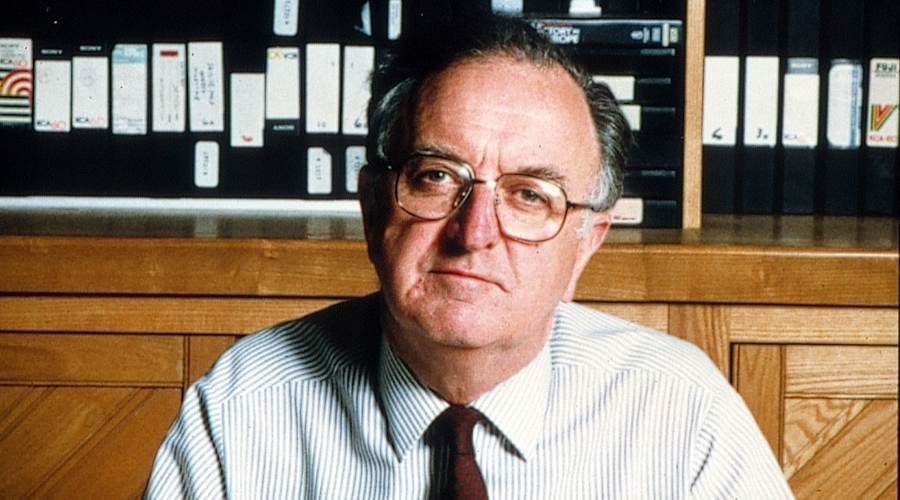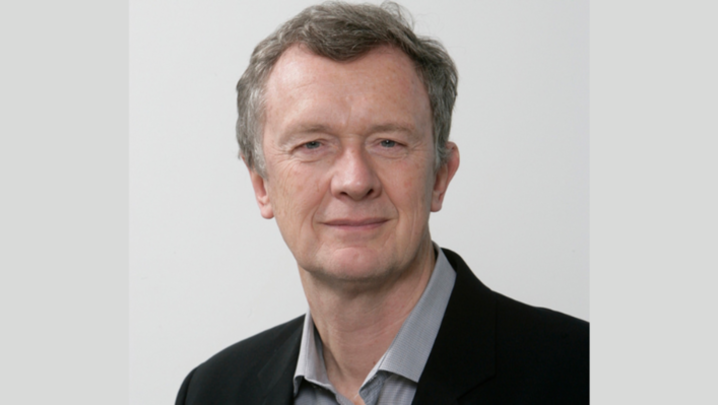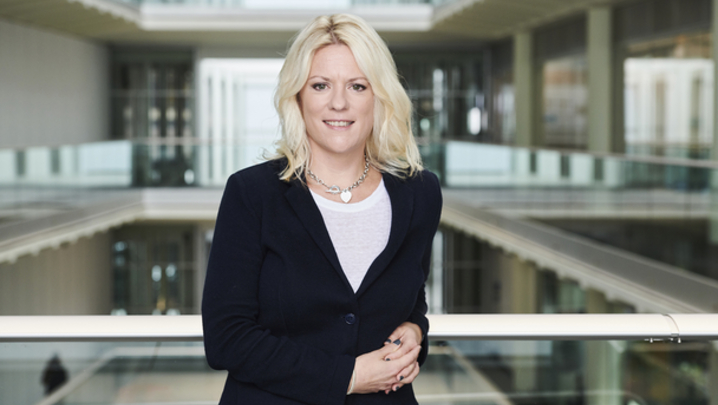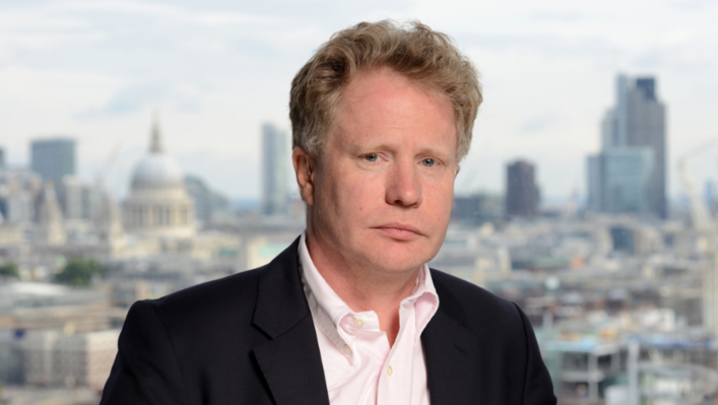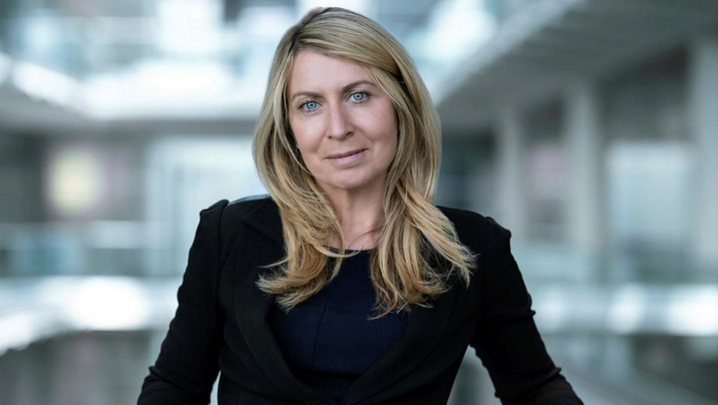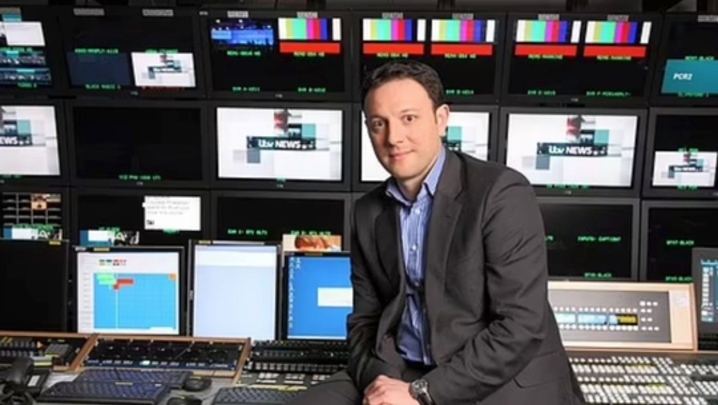It is no exaggeration to say that ITN wouldn’t be what it is today without the legacy of Sir David Nicholas CBE, who has died aged 92. He was one of the true innovators of television broadcast news.
He was appointed editor of ITN when News at Ten was widely regarded as the benchmark for a mainstream news programme and of a higher quality than its BBC rival. In 1977, Lord Annan’s seminal committee on UK broadcasting, which led to the creation of Channel 4, opined: “We subscribe to the generally held view that ITN has the edge over BBC news.”
David was a familiar face at Royal Television Society events. In 2011, he was in conversation with Sir Paul Fox at an RTS House of Lords event. The Society presented him with the Cyril Bennett Award in 1985, a Judges’ Award in 1991 and a Lifetime Achievement award in 2012.
Stewart Purvis, the former ITN CEO, recalled: “In 1967, when ITN persuaded the IBA and ITV to allow a 13-week trial of a half-hour news programme at 10:00pm, David had earned enough trust from the editor, Geoffrey Cox, to be put in charge.
“News at Ten became a national institution. David called it ‘popular photo-journalism’, blending vivid picture power, human angles, exclusives and background analysis.” Up to 15 million viewers regularly watched the programme in the 1960s and 1970s. It was the UK’s first half-hour daily news programme.
In 1978, David, by then ITN’s editor and CEO, persuaded Anna Ford to leave the BBC to become News at Ten’s first female newscaster.
A year later, he fired News At Ten anchor Reginald Bosanquet over his excessive drinking, which was sometimes evident to viewers.
Live news was his passion. His impact on general election coverage was considerable when he introduced new computer technology.
These programmes were also distinguished by cogent analysis from presenter Alastair Burnet.
In the late-1980s, David commissioned the VT-30 graphics generator from Paul McKee, an ITN computer consultant, to show viewers the state of the parties live in graphics as the votes came in. The computer had first been used to design knitting patterns.
Technology was also to the fore in 1969 in ITV’s 12-hour coverage of the Apollo 11 moon landings. An ITN machine, Titlefile, displayed on-screen captions, instead of experts in the studio, to help understand the conversations between the astronauts and Mission Control in Houston.
Two years earlier, in 1967, David had made broadcasting history by producing pioneering coverage of Francis Chichester completing the first solo round-the-world yacht voyage. He went to extraordinary lengths to transmit live pictures from the Atlantic as Chichester neared home, chartering a yacht laden with engineers and transmitting equipment to send pictures to a dish mounted under an aircraft, which then beamed them to a receiving station.
David was a problem solver by nature; when the boat’s engine failed in the teeth of a gale, he chartered a larger vessel. ITN journalist Richard Lindley was then able to report live, with Chichester in his yacht sailing behind.
He oversaw the introduction of electronic news gathering as video replaced film, and led ITN’s successful bid to provide Channel 4’s news service when the broadcaster launched 40 years ago. ITN still retains the contract.
Chair of ITN from 1989 to 1991, David was proud of his Welsh roots. He grew up in Tregaron, a market town in mid-Wales, and was educated at Neath Grammar School and Aberystwyth University.
Jobs on local papers followed before he joined The Daily Telegraph and The Observer. In 1960, ITN hired him as a scriptwriter.
He is survived by his son James, a former ITN cameraman, and daughter Helen. His wife, Juliet, died in 2013.

